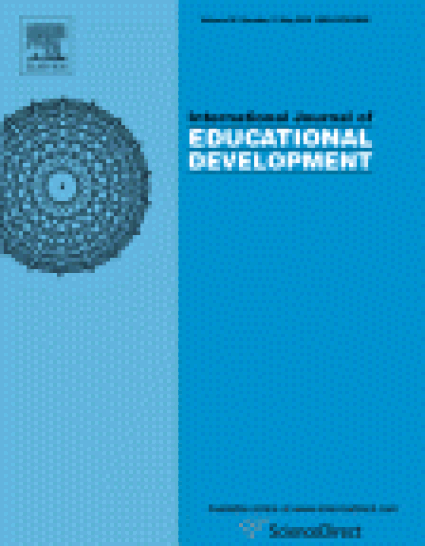
Article
Schooling and Local Environmental Knowledge: Do They Complement or Substitute Each Other?
International Journal of Educational Development
(2010)
Abstract
Schooling and the knowledge acquired at school have been considered both a cause of loss of indigenous knowledge (because it opens pathways to the non-indigenous world and worldviews) and a potential remedy to its demise (if educational curricula is aligned with indigenous realities by giving instruction in local languages and incorporating local knowledge in school content). We test the association between academic and local environmental knowledge using data from a society of forager-horticulturalists in the Bolivian Amazon who were exposed to a partially contextualized school curriculum. We found that although schooling and academic knowledge bear a negative association with local knowledge the magnitude is low, probably because schooling was partially contextualized. Contextualized learning might help avoid that the provision of universal education comes at the cost of humanity's cultural diversity.
Keywords
- Contextualized learning,
- Tsimane’ (Bolivia),
- Local environmental knowledge
Disciplines
Publication Date
May 1, 2010
Citation Information
Victoria Reyes-García, Eric Kightley, Isabel Ruiz-Mallén, Nuria Fuentes-Peláez, et al.. "Schooling and Local Environmental Knowledge: Do They Complement or Substitute Each Other?" International Journal of Educational Development Vol. 30 Iss. 3 (2010) Available at: http://works.bepress.com/kathryn_demps/1/
